Key finding
Companies are not driving social change
Food and agriculture companies are the world’s largest employers. However, over one third of the companies assessed do not sufficiently acknowledge their responsibility to ensure that the human rights of workers in their supply chain are respected, nor do they demonstrate any intention of helping to improve the livelihoods of smallholder farmers. Worryingly, 40% of the companies have made no public commitment to eliminate child and forced labour in their own operations and supply chain.

The agriculture industry alone employs over a billion people. However, more than one third of the 350 most influential food and agriculture companies do not sufficiently acknowledge their role in combatting the social challenges we face. With inequality and poverty at the root of social issues, the exploitation of land rights and the vulnerable position of many smallholders and workers, fuels a system in which the potential for human rights abuses is high.
Eliminating child and forced labour is a low priority
By adopting the SDGs, the international community committed to ending child labour by 2025 and forced labour by 2030. According to the latest estimates by the International Labour Organization, 152 million children are in child labour and 25 million adults are in forced labour. A vast majority of this occurs in the agricultural value chain. Despite many positive outcomes brought about by global supply chains, such as increased employment, growth and skills development, they are also often linked to child and forced labour. Concerningly, our research shows that 40% of all companies assessed have made no public commitment to eliminate child and forced labour in their operations and supply chain. Studies show that only through a comprehensive approach by which all actors on all levels commit to ensuring that such human rights violations are addressed do we stand a chance of eradicating these practices and protecting vulnerable people.
Social commitments rarely go beyond legal requirements
The baseline assessment shows an overall higher level of corporate commitment towards social topics, compared to environmental and nutritional issues. Notably, a closer look at the findings per topic makes it clear that companies seem to focus primarily on what is legally required rather than proactively driving transformative change, which was also revealed in WBA’s recent gender baseline assessment. Nearly 80% of the companies are strongly committed to improving the health, safety and well-being of their workforce, an area which is highly regulated and often legally required. In contrast, only 13% of companies commit to paying employees a living wage, an area which is weakly regulated and provides a more complex operating context. Lack of progress, consensus or the inability to uphold standards will require governments to step in. However, as mentioned in the previous finding, corporate leadership means staying ahead of the regulatory curve and collaborating with others to drive transformative change, tackling poverty by providing fair and decent work in a more equitable and resilient food system.
